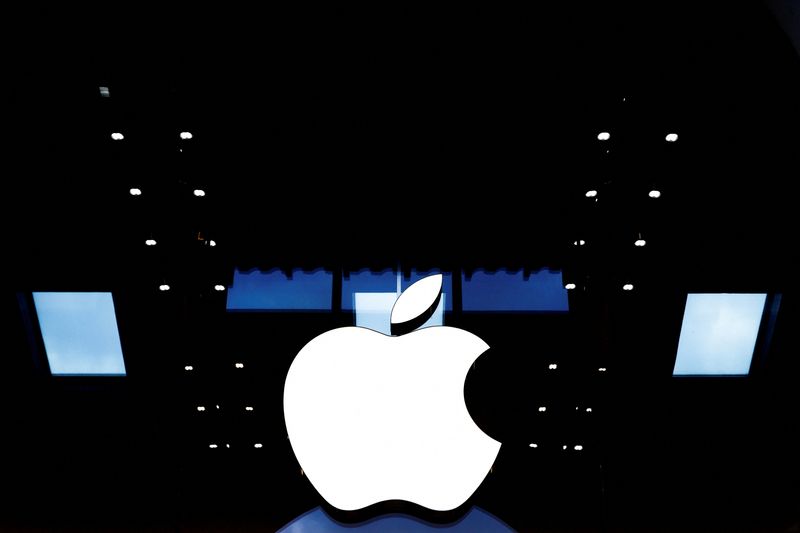By Foo Yun Chee
BRUSSELS (Reuters) - Apple (NASDAQ:AAPL) has challenged EU tech rules designating its five App Stores as a single core platform service subject to onerous obligations, saying that EU regulators have misinterpreted and misapplied the new legislation that took effect last May.
The company also disputed the characterisation of its operating system iOS as an important gateway for business users to reach end users and the interoperability obligation that goes with that label.
The iPhone maker challenged the Digital Markets Act (DMA) in November last year but did not provide details.
The European Commission made "material factual errors, in concluding that the applicant's five App Stores are a single core platform service," Apple said in its plea to the Luxembourg-based General Court, Europe's second-highest.
The company in its argument to the EU competition enforcer said it operates five App Stores on iPhones, iPads, Mac computers, Apple TVs and Apple Watches, with each designed to distribute apps for a specific operating system and Apple device.
DMA requirements that would affect Apple include allowing third parties to inter-operate with its own services and letting business users promote their offers and conclude contracts with their customers outside its platform.

Apple's lawsuit also took issue with the Commission's designation of its messaging service iMessage as a number-independent interpersonal communications service (NIICS) that prompted an EU investigation into whether it should comply with DMA rules.
The company contends that iMessage is not a NIICS as it is not a fee-based service and it does not monetise it via the sale of hardware devices nor via the processing of personal data.